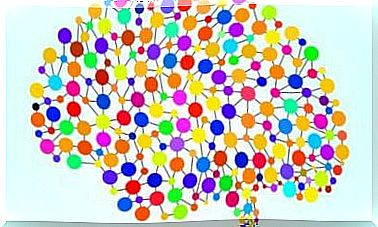Melatonin Promotes Sleep And Youth
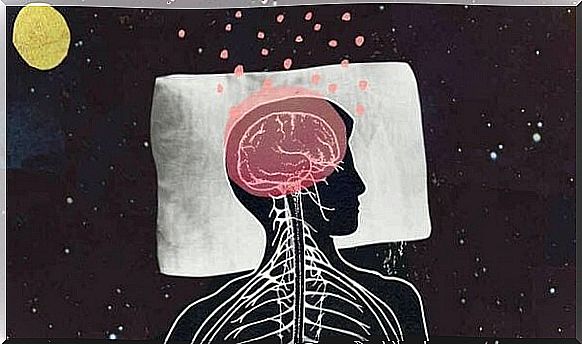
Melatonin has always aroused great scientific interest. Melatonin promotes sleep and youthfulness. In addition to being responsible for ours, it is also the key to our biological clock. In fact, according to many people, this is where we would find the coveted secret to slow down the aging process, to stop deterioration and reach older ages while still enjoying better mental and physical health.
At first glance, such a thing may seem like a utopia, an impossibility. But neuroendocrinologist Walter Pierpaoli explains in his book, “The Melatonin Miracle,” that his research at the Department of Medicine at the University of Richmond produces good laboratory results.
However, we should mention that we will still have to wait at least ten years to get more decisive findings. But still, it has not stopped the melatonin fever from intensifying even more since the pharmaceutical industry saw a gold mine in it. We know that in the United States, for example, more than 20,000 bottles of synthetic melatonin are produced every day.
Many people who use melatonin do so not just to regulate their sleep cycles. It has been shown that melatonin levels decrease during puberty, and that at the age of 40, our body drastically reduces production levels. So, the key to maintaining a little more of our youthfulness would, as it may seem, be to make up for that melatonin deficiency.
But the benefits of this hormone go far beyond lowering the formation of wrinkles or gray hair, given that its role in our health and psychological balance is simply astounding.
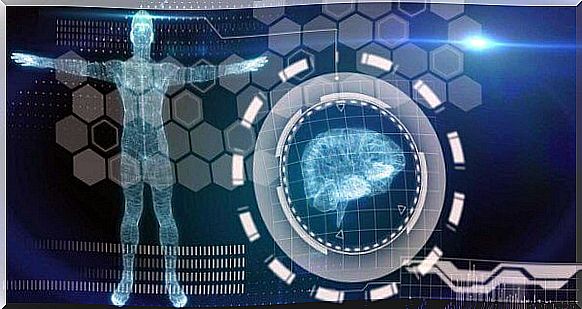
What is melatonin?
Melatonin, or N-acetyl-5-methoxytryptamine, is a hormone made from tryptophan and is produced in the cone gland. So it is interesting to find out that not only humans and animals have this sophisticated and coveted biological element. It is also present in bacteria, fungi and some algae. That is, to put it another way, the key to life.
On the other hand, and to produce it more regularly, there must be reception of the various patterns of light and darkness that occur throughout the day. The combination of factors between the light stimulation that reaches our retina, the pinealocytes in our cone gland and the superchiasmatic nucleus of the hypothalamus are the things that bring together its production.
We know, for example, that around 20:00 our melatonin levels have started to rise. It will gradually increase up to somewhere around 3:00 in the morning, which is also the moment when body temperature tends to be lower. This is what scientists call “biological zero temperature”. From this moment on, melatonin levels drop again.
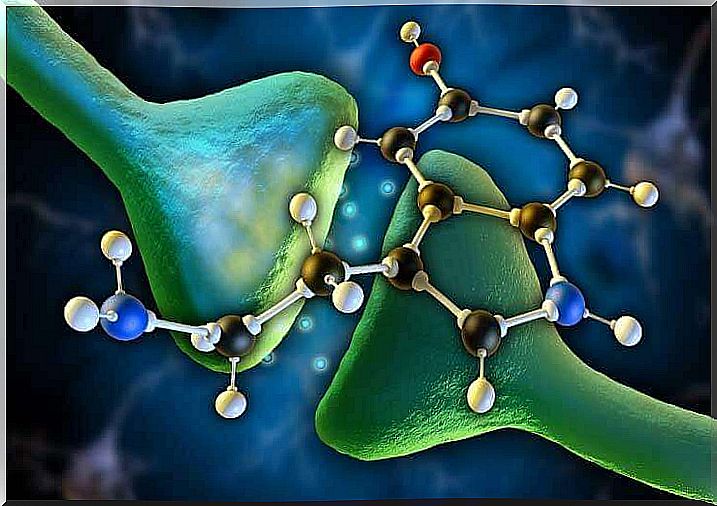
As a curiosity , we should say it was not so long ago that they managed to isolate melatonin in the cone gland. It was 1958 when they discovered its significance in our circadian rhythms. Since then, science has continued to dig deeper into it, studying its role in depression, obesity or neurodegenerative diseases.
Melatonin promotes sleep
Patricia is 52 years old and she has been suffering from insomnia for a few months. Like most of us, she has heard and read several things about how “melatonin helps us sleep”. On a whim, she goes to the pharmacy and buys a bottle to see how well it works for her. She does not need a prescription to get it. It is easy to buy, cheap, and at first glance it seems like the “perfect medicine”.
But… is it really true that melatonin can help us stop insomnia?
- Well, it is important to understand that what melatonin really does is that it induces sleep but does not maintain it. When Patricia takes her synthetic melatonin capsule at 11:00 in the evening, it is very possible that she will fall asleep, but she will definitely wake up a few hours later.
- Melatonin supplements can actually be very helpful in dealing with the time change caused by jet lag, or in helping us with these work shifts where we often have no choice but to sleep during the day and work at night.
- It is also very useful for people with vision problems.
- And it has been shown to be helpful in reducing the pain associated with various types of headaches.
Nevertheless, we should keep another important aspect of these melatonin supplements in mind. Each pill usually contains between 3 and 10 milligrams of melatonin, although our bodies actually respond to even just half a milligram.
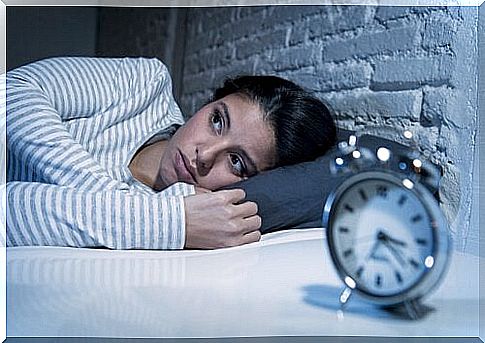
Melatonin in people suffering from stress
Melatonin can be a blessing for people who are characterized by living a life with a high level of stress, and who due to their work are forced to spend many hours in environments where there is only artificial light. For example, let’s think of doctors, nurses, assistants or some factory workers who are forced to work long hours and lose the concept by day or night.
- As a result of work pressure, many people end up sleeping very little and eating poorly. This lifestyle causes an alarming drop in melatonin levels. It shows the risk of depression and other related diseases.
- And, and the less melatonin our body excretes, the more our circadian rhythms will change. It will weaken the immune system, and we will stop having one of the best biological antioxidants at our disposal. Those that are able to heal cell damage and slow premature aging.
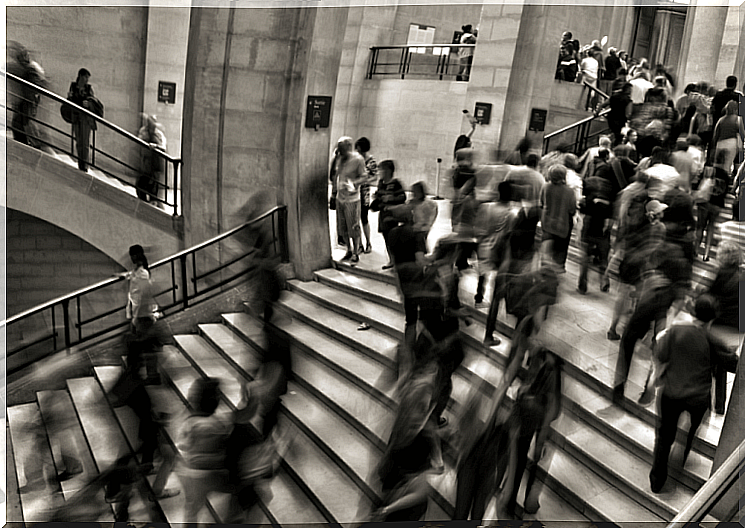
It is important if we are in one of these situations, that we talk to our doctors about the suitability to turn to synthetic melatonin, or just limit ourselves to improving our diet and making positive adjustments to our lifestyle.
Melatonin against aging and degenerative processes
As we mentioned at the beginning of this article, as we get older, melatonin stops being produced at the same rate. Now, this decline is not just leading to a shorter night’s rest, or to paving the way for progressive aging.
- It’s a fact we can not shed light on. This hormone also synchronizes the rhythms of the brain’s neurotransmitters. So, something we experience as the years go by is a loss of our cognitive abilities, which can be either our attention or our memory.
- The lack of melatonin also contributes to the occurrence of certain diseases such as Alzheimer’s or Parkinson’s disease.
This explains why many healthcare professionals recommend that their patients over the age of 55 take some form of melatonin supplement, to prevent – and even reverse – the neurodegenerative processes associated with mitochondrial damage that causes reductions in melatonin.
This is an interesting fact we should try to keep in mind.
Melatonin promotes sleep and youthfulness, so how can we increase it?
It is very possible that our first reaction after reading about all these benefits associated with melatonin, will be to go to the doctor and ask for a prescription. We would like to emphasize that this is not appropriate. It should always be our doctors who indicate if it is a good idea to take melatonin, and tell us how much and for how long we should take it. We can not forget that everyone needs a certain dose, and so we can see the effect.
So, and before we turn to self-medication, it is always to our advantage to foster melatonin production in a natural way, through these simple strategies.
As much as possible, and if our commitments allow, it is good for us to live in harmony with light cycles. One mistake most of us make is that our nights are overcrowded with the artificial light from our electronic devices such as the computer, tablet or mobile phone… All of this affects our cone gland.
So then it is important that our diet is rich in a very special type of amino acid: tryptophan. Thanks to this substance, we produce appropriate amounts of melatonin and serotonin. These are some of these foods:
- Egg yolks.
- Boiled bananas, bananas, pineapples, avocados and plums.
- Dark chocolate is great for increasing tryptophan levels to produce melatonin in a natural way.
- Spirulina
- Watercress, spinach, beets, carrots, celery, alfalfa, broccoli, dates.
- Nuts (almonds, walnuts, pistachios, cashews…)
- Seeds (sesame, pumpkin, sunflower, fenugreek).
- Whole grain wheat.
- Yeast.
- Beans (chickpeas, lentils, fava, soy…)

To summarize, we have now seen how melatonin is much more than the hormone that regulates our sleep-wake cycles. It is also the youth molecule, the psychological well-being and the bridge that connects us with the rhythms of nature to live in harmony with it.
This is something we sometimes seem to forget.
Bibliography.
Lewis, Alan (1999). Melatonin and the Biological Clock. McGraw-Hill
Pierpaoli, Walter (1995) The Melatonin Miracle. GK Hall
Buscemi N, Vandermeer B, Pandya R, Hooton N (2004), Melatonin for treatment of sleep disorders. McGraw-Hill
Turek FW, Gillette MU (2004). Melatonin, Sleep, and Circadian Rhythms. Lancet









